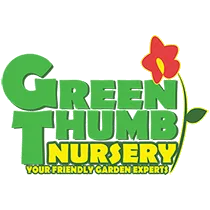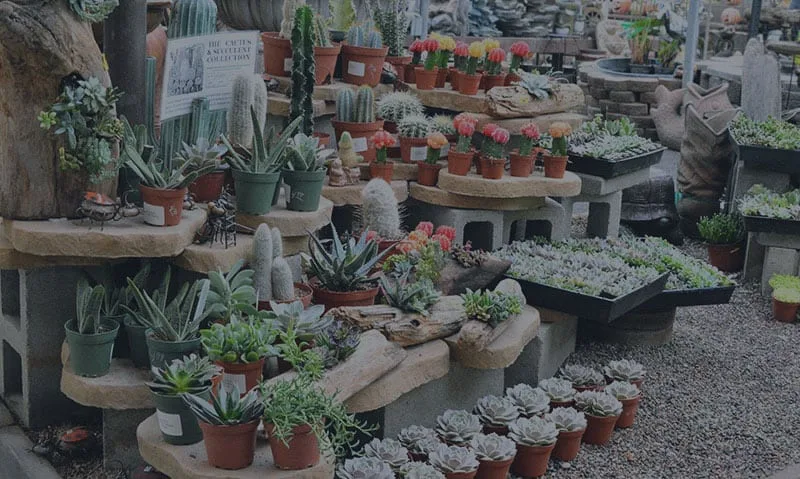Newsletter Articles
Why You Should Consider Buying Your Citrus Now Before It’s too Late
Written by David S.
Here it is Fall in Southern California, and we are suggesting that now is the best time to buy citrus trees. Many garden guides tell you that late spring is the best time to plant citrus, but we are a bit contrary to that. What those wise gardeners are looking at is the oncoming summer heat, and the damage it can do to young trees that have yet to establish themselves. We look at many aspects of what trees go through and then make recommendations. That is why now is an excellent time to buy and plant citrus. Here’s a closer look at that rationale.
Disease – Asian Citrus Psyllids
Asian Citrus Psyllids are not a Huanglongbing. They are tiny insects that suck the sap and juices from citrus plants. They are responsible, however, for transferring a bacteria – Huanglongbing – to citrus trees. The bacteria cause the disease, and the tree dies. There is no cure for Huanglongbing.
Huanglongbing Disease (sometimes called Citrus Greening Disease), is fatal to citrus trees. It is present in Southern California, Baja California, Sonora Mexico, and there are HLB quarantines in place by the states of California, Texas, Louisiana, S. Carolina, Georgia, and Florida.
Psyllids are tiny insects that appear in the spring and early summer. Those seasons are the prime time to plant citrus trees. We recommend planting citrus in the fall and early winter because the mild winter temperatures around Southern California enables citrus trees to survive the cold.
Why Choose Citrus for Your Yard?
Citrus trees offer three main advantages for landscaping and small-yard orchards. First, they are beautiful trees. They have a lovely shape and are easy to prune. Second, their blossoms are intoxicatingly sweet and delightful as aromatics. Third, there is nothing like picking your own perfectly ripe oranges, lemons, limes, etc. from your tree.
Right now, the soil temperature in most Southern California gardens is ideal for planting citrus. There is plenty of time left for the plants to settle in before the coldest part of the year.
Choosing the Right Citrus Trees
During the fall, you will find citrus trees in containers, and that means you can technically plant them at any time. The bare root stock shows up in January/February. So, right now, there is a large selection of different citrus trees available, and that means you can pick the best trees and have the most variety while shopping.
Standard Citrus Trees grow to 20+ feet in height, but many dwarf varieties stay small and are perfectly happy in a larger planter or container.
For standard trees, choose a tree that has an even shape and a trunk that is free of scars. Because these are fruiting trees, an even branch structure is good. That allows for the even distribution of fruit and its weight across the branches.
Check Your Hardiness Zone
The hardiness zone deals with winter low-temperature averages. Lime trees, for example, tend to damage during cold winter days when the temperature drops below 32 degrees F. Other varieties of citrus can handle temperatures to 20 degrees F. Our garden experts can help you determine the hardiness zone for your home or you can check online.
If you want a type of citrus that does not do well in your hardiness zone, you can place the planter on movable platforms that roll. Doing so allows you to move the tree inside the garage or garden shed for the winter. A light covering of plastic may also protect the tree. We stock many overwintering products that help gardeners to protect fragile plants from winter temperatures.
If planting Citrus in containers, then choose a nonporous, quality container. Glazed pots work well as do plastic containers. Both help to hold in soil moisture and insulate the tree during summer and winter.
Citrus Soil
Citrus trees require specialized soil. They like soil that holds water and is airy. We carry many varieties of citrus-grade soils, and our garden experts are happy to explain the differences. In general, citrus love soil that is rich in chunky material such as bark and perlite. The perlite helps absorb water and still allows air circulation. Citrus do not like wet and soggy soils. We recommend products like EB Stone Citrus fertilizer for all containers and in-ground plantings. Their products are organic and well-balanced for citrus.
Fall is a wonderful time to plant citrus. The trees have time to establish themselves before the deepest part of winter; there are fewer pests and less chance of disease. Asian Citrus Psyllid problems remain a real threat, which is why we recommend planting citrus in the fall rather than the spring.
If you are shopping for specific varieties of citrus, give us a call. Our tree and product inventory change daily at each of our five Southern California locations. You can visit us online, call ahead, or stop in and shop. Our garden experts are available to help answer your questions, recommend products, and help you with plant selection.
Do you like what you see? Sign up for our weekly newsletter to get content like this every week!


